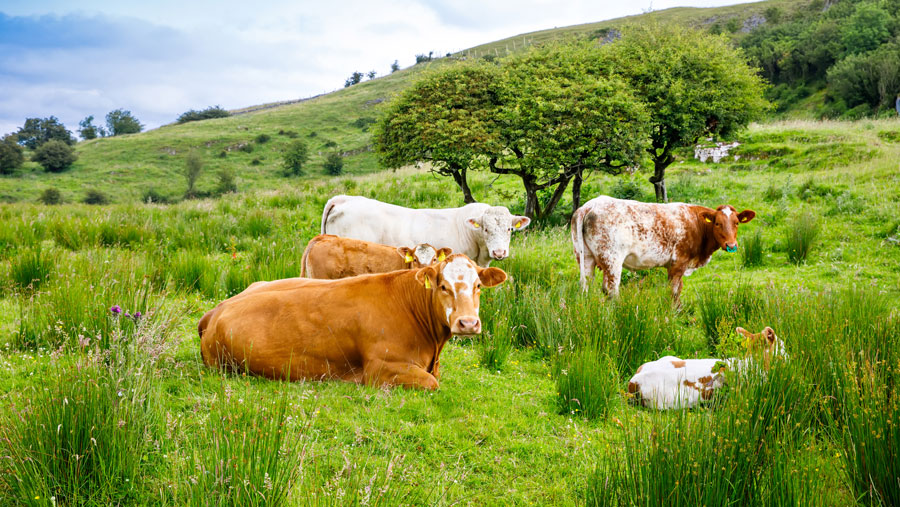Relief as NI access to EU vet products continues
 © Adobe Stock
© Adobe Stock Northern Ireland’s livestock sector will continue to have access to EU veterinary products after an extension to a temporary post-Brexit trade arrangement was announced by Brussels.
Without the extension, up to half of all veterinary products would have been removed from sale in NI after 31 December this year.
The date marked the end of a grace period which allowed trade in vet products to continue within the NI protocol, introduced after the UK left the EU in January 2020.
See also: This Week in Farming: Tory woes, Christmas fun and pay rises
The grace period was supposed to be temporary while a permanent, negotiated settlement was found to the political conundrum of avoiding a hard border within the island of Ireland.
However, EU vice-president Maroš Šefčovič has announced it will continue to operate for another three years until 31 December 2025 while negotiations continue.
Mr Šefčovič said the EU negotiating team had listened carefully to concerns and decided to allow more time to find a solution.
In a statement, he said there was a genuine commitment to engaging constructively with the UK to find agreed solutions around the protocol.
Reaction
The move was welcomed by British Veterinary Association (BVA) president Malcolm Morley.
“We are delighted that Northern Ireland is set to retain access to essential veterinary medicines.
“We look forward to continue working with all stakeholders to ensure the supply of essential veterinary medicines is maintained, not just now, but for the future,” Mr Morley said.
Ulster Farmers Union president David Brown expressed relief. “With 31 December 2022 only weeks away, it is a huge relief for the NI agriculture industry and pet owners that a three-year extension to the grace period for veterinary medicines has been granted,” he said.
But he stressed it was important to note that the extension remained only a temporary measure.
“The key issue remains the same. At the end of the latest extension, all veterinary products used in the EU, including NI, must be licensed in the EU.
“The availability and cost of a large range of everyday veterinary medicines would be affected, including anthelmintics, anti-inflammatory drugs, vitamins and vaccines,” he said.
